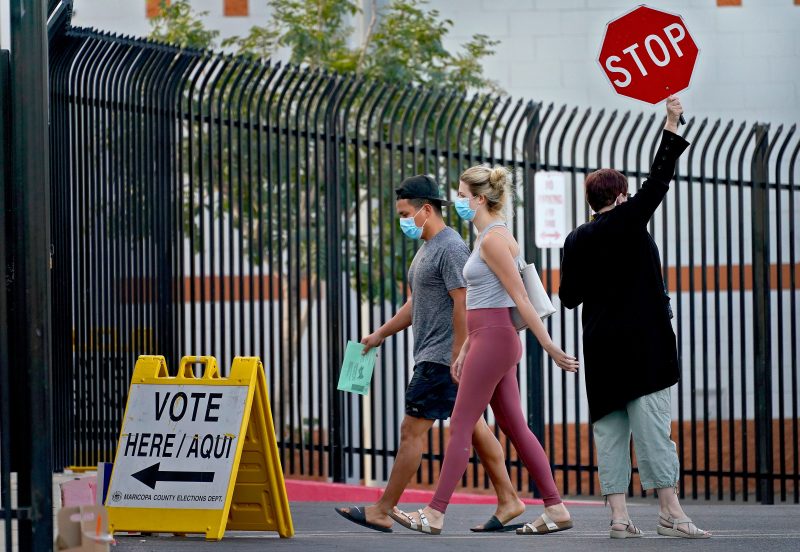In recent years, voting rights have become a sensitive issue, with many states introducing new laws that impact access to polling locations. One state that is facing challenges in this regard is Arizona. The state’s schools are now reconsidering their role as polling locations due to concerns over safety and disruption to student education.
One of the primary reasons for schools questioning their role as polling places is the potential for disruptions to the daily operations of the institutions. Schools are meant to be safe and conducive environments for learning, and having large numbers of outsiders coming in to vote can create chaos and security concerns. This is particularly critical given the rise in threats and incidents of violence in public spaces in recent years.
Furthermore, the use of schools as polling locations can disrupt the normal routines and activities of students and staff. With limited space, parking, and accessibility, the presence of voters can cause logistical challenges that impact the smooth functioning of the school. Additionally, the increased traffic and congestion on election days can create safety hazards for students and staff trying to navigate the campus.
Another reason for schools to reconsider their role as polling locations is the potential intimidation and politicization that can occur. In an increasingly polarized political climate, the presence of voters at schools can create tensions and discomfort among students and staff. School administrators have a responsibility to provide a neutral and non-partisan environment for education, and having polling stations on-site can conflict with this objective.
Moreover, the use of schools as polling locations can raise concerns about security and background checks for volunteers and officials working on election day. Schools have a duty to ensure the safety and well-being of their students and staff, and allowing outside individuals to enter the premises without thorough vetting can be a risky proposition. The potential for incidents or disruptions during the voting process is a valid concern that schools must address.
In conclusion, the decision by Arizona schools to reconsider their role as polling locations is understandable given the various challenges and concerns involved. Safety, security, disruption to daily operations, intimidation, and politicization are all valid reasons for schools to prioritize the well-being of their students and staff over serving as voting sites. As the debate over voting rights continues, it is essential for states to address these issues and find alternative solutions that ensure access to voting while safeguarding the integrity and security of schools.
